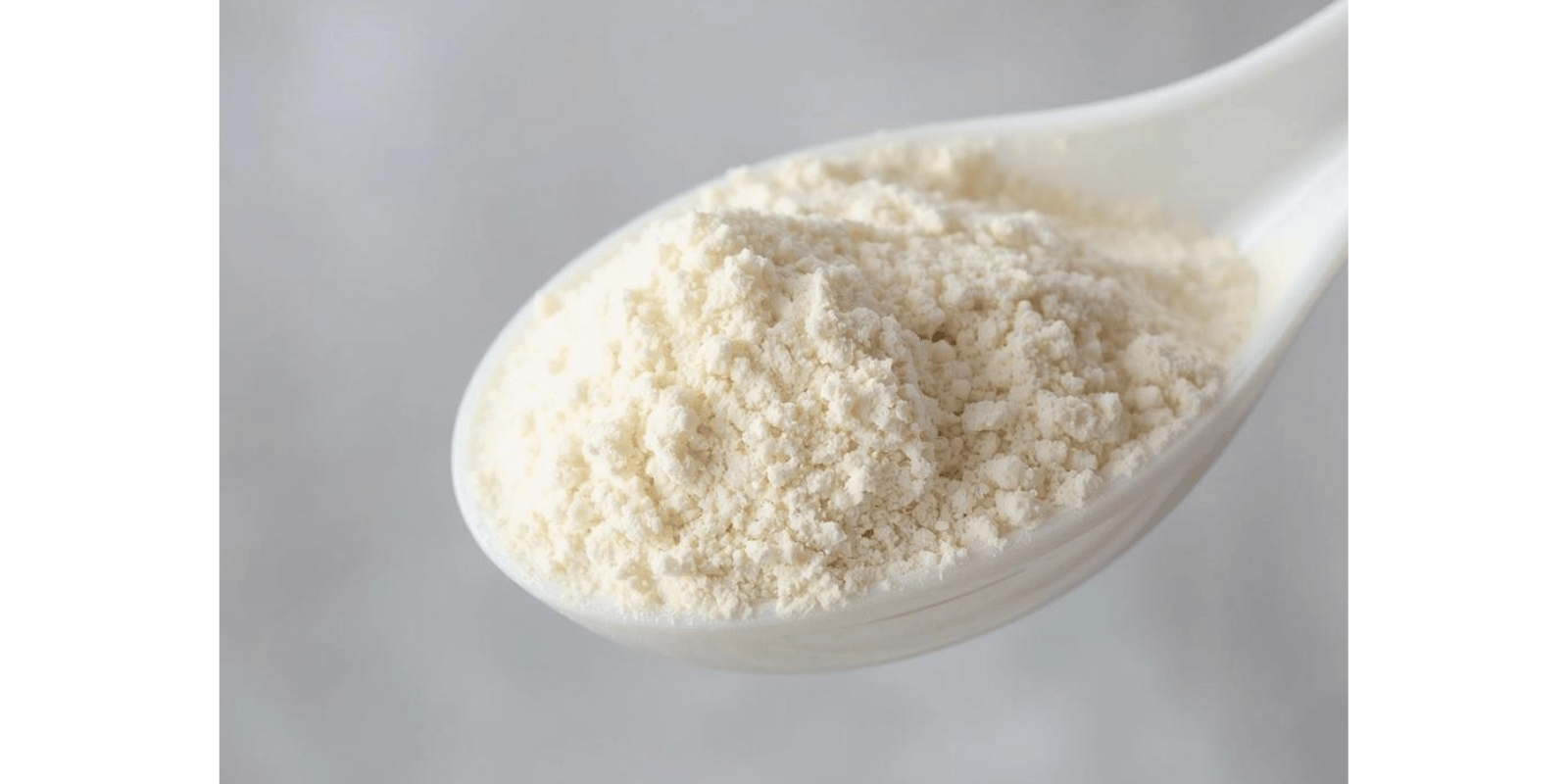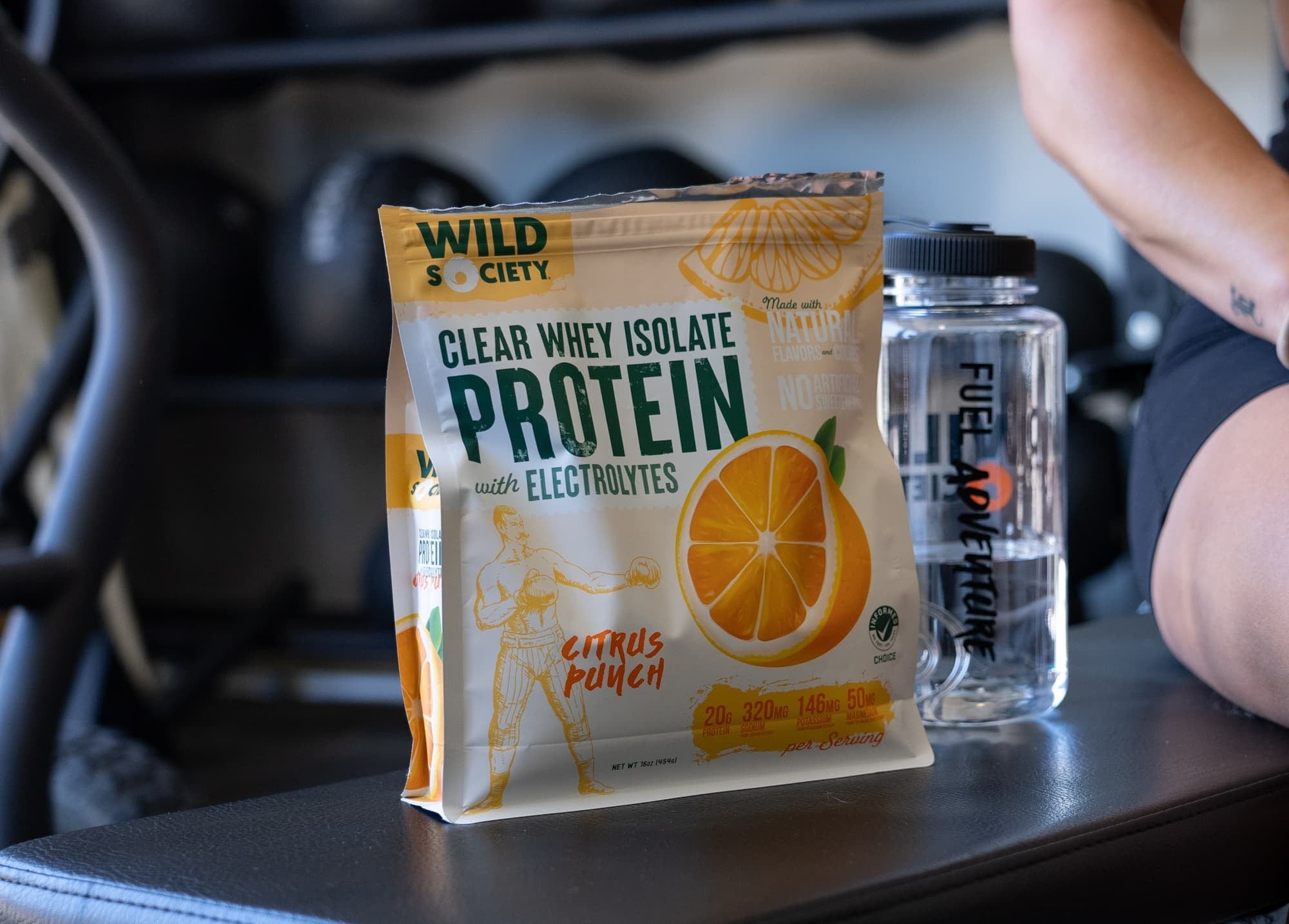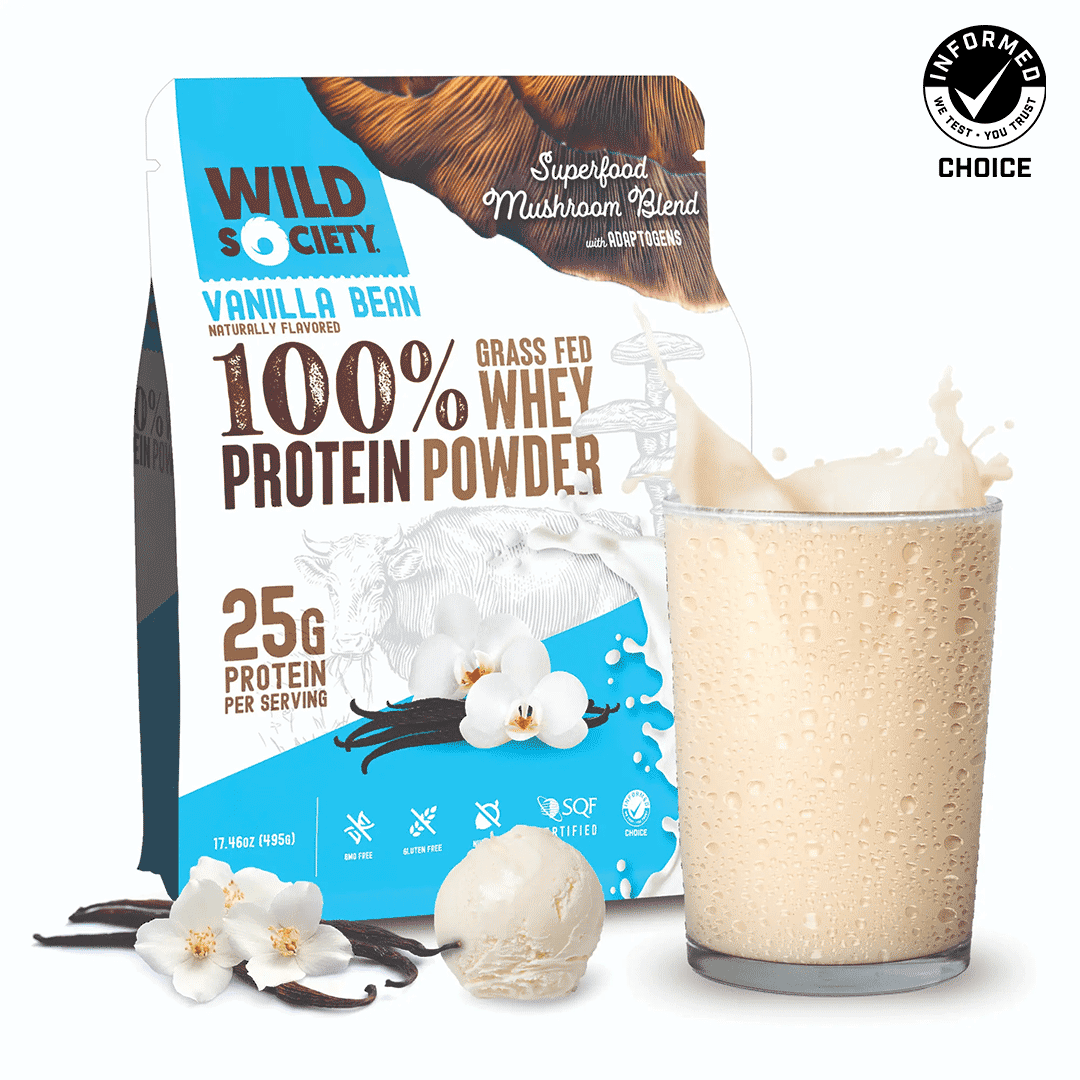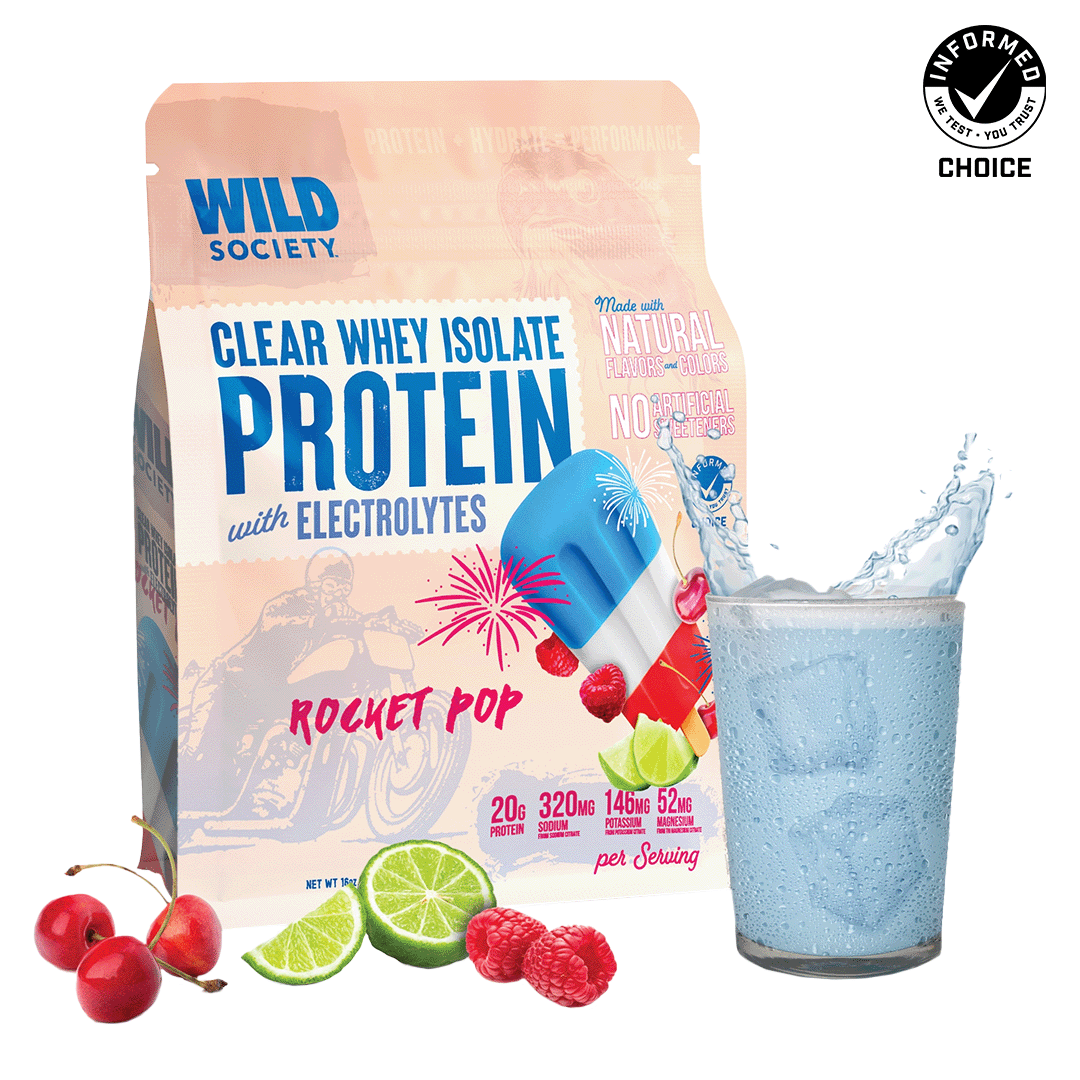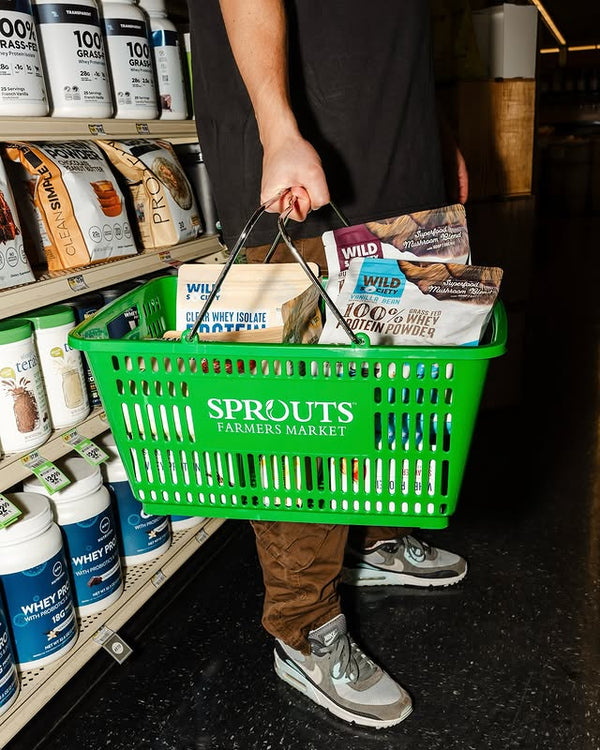8 Ways to Ensure Your Protein Powder Is Free of Heavy Metals
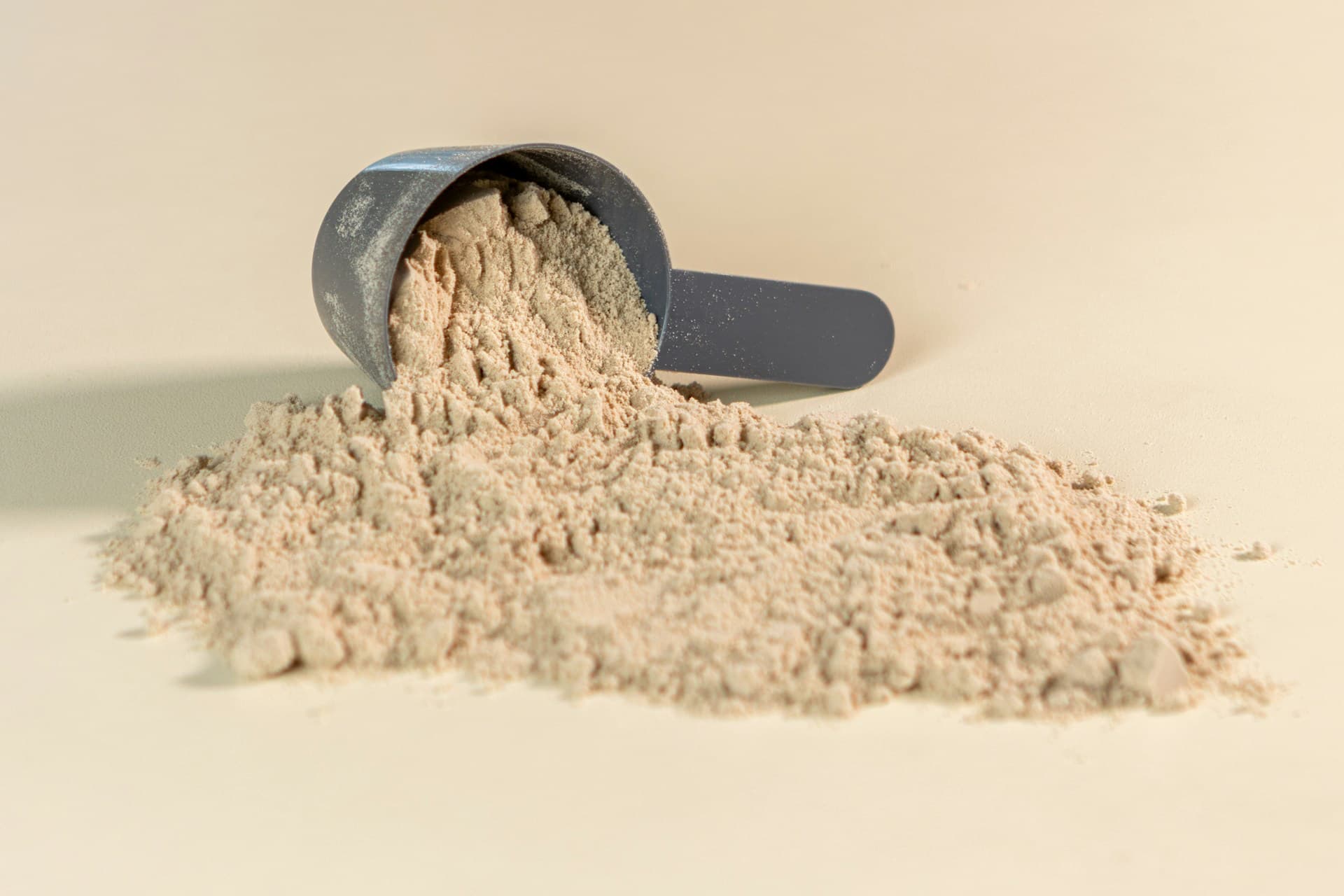
Whether you’re just starting to use protein powder or you’ve been relying on it for months, choosing a formulation that is genuinely low in heavy metals (like lead, cadmium, arsenic and mercury) is more important than ever. At Wild Society Nutrition, transparency and third-party verification are central to our mission. Here are eight practical steps you can take to make sure your protein powder meets a high safety bar.
1. Look for third-party heavy-metal testing
A brand that uses batch-specific lab test results for heavy metals is signalling accountability. At Wild Society Nutrition, our protein formulas have been third-party, are SQF (Safe Quality Food) certified and carry Informed Choice Certification.
2. Check for reputable certification and manufacturing standards
Look for certifications like Informed Choice. Here are a few well-known programs:
Major GMP and Food-Grade Certification Standards
Informed Choice Certification
-
Globally recognized third-party testing and quality assurance program for dietary supplements.
-
Screens products for more than 285 banned or harmful substances and audits manufacturing facilities for cleanliness, traceability, and ingredient integrity, providing athletes and consumers with confidence that supplements meet strict safety and purity standards.
NSF Certified for Sport®
-
Ensures products are tested for contaminants, banned substances, and label accuracy.
-
Common in sports nutrition and trusted by professional athletes and leagues (e.g., NFL, MLB, PGA).
USP Verified (U.S. Pharmacopeia)
-
Verifies that supplements contain the ingredients listed on the label in the declared potency and amounts.
-
Also tests for harmful contaminants and confirms GMP compliance in manufacturing facilities.
cGMP (Current Good Manufacturing Practice)
-
A baseline FDA-enforced standard that ensures products are consistently produced and controlled according to quality standards.
-
Verified through audits by FDA or accredited third parties.
SQF (Safe Quality Food) Certification
-
Recognized by the Global Food Safety Initiative (GFSI).
-
Covers farm-to-factory-to-store food safety and quality controls — one of the most rigorous food-grade standards for supplement manufacturers.
3. Evaluate ingredient sourcing & protein type
Plant-based proteins (pea, rice, soy) are more prone to heavy‐metal uptake because plants absorb minerals/metals from soil and water. A study found 75% of plant protein powders had measurable lead.
If you use a plant-based powder, see whether the brand explains how they source raw materials and look for key terms like soil testing, low-contaminant regions, and heavy-metal screening.
4. Understand serving size & raw material volume
Even with low metal concentration, a large serving size means greater absolute exposure. A “mass-gainer” style scoop might bring in more raw material and thus more risk. Check how many scoops per serving to get an idea of serving size and protein concentration.
5. Seek clear additive disclosure
Sweeteners, flavors and additional ingredients can introduce additional contamination pathways. A cleaner formulation will have simple flavoring, minimal additives, and a transparent label.
6. Know the safety thresholds
For maximal safety, check that the heavy-metal readings are well below defined safety thresholds, for example, California Prop. 65 for lead is 0.5 µg/day for reproductive toxicity. This is the same threshold that Consumer Reports tested for, per serving, in a recent protein and lead safety report.
7. Use moderation and whole-food protein sources
Even the best protein powder works best as a complement to real food, not a replacement. When paired with nutrient-rich meals like lean meats, eggs, fish, legumes, or dairy, it can help you meet your protein goals more efficiently and support muscle recovery without relying on oversized servings.
8. Stay up to date & audit your supplement regularly
Contaminant risk isn’t static. Soil conditions change, regulations evolve, production batches differ. A brand might have a clean record now but could slip later.
Check for:
-
Updated certifications
-
Any recall or alert announcements
-
And maintain a habit of checking your supplement every few months to ensure it still meets your safety standards.
The U.S. Food and Drug Administration (FDA) Recall Database publishes all official recalls and safety alerts, including those involving protein powders and supplements. You can search by product name, company, or keyword like “protein powder.” You can also check sites like Consumer Reports, Labdoor, and sign up for emails from your food and supplement providers.
What’s Next?
Choosing a truly clean protein powder means going beyond marketing claims. It means digging into heavy-metal test results, understanding sourcing and production, and selecting a brand committed to transparency and safety. At Wild Society Nutrition, we aim to deliver that standard and we encourage you to demand it, too. Because what you feed your body matters.
Resources
- Tags: protein


